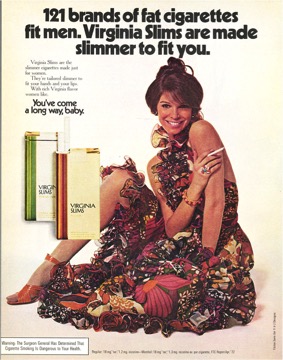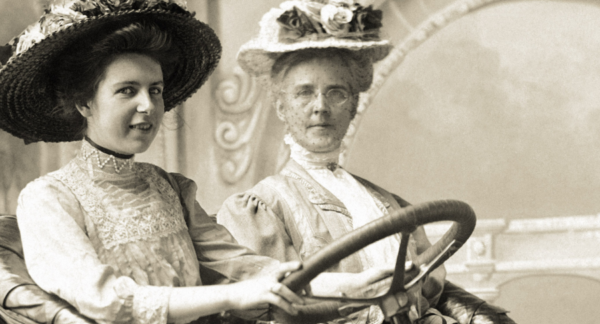Drink Like a Man – The Science of Women and Alcohol

Women and Alcohol
I spent a lot of time in The Bahamas, on a small island called Staniel Cay. I will admit I was not a saint while living there. The collective, benign tolerance to extreme drinking was certainly a factor in my misuse of alcohol. But I was often shocked by the drunken antics of women at the Yacht Club bar. On it, more like. Dancing artlessly, dodging ceiling fans or performing the rather unhygienic role of human shot glass. Flat on their backs in crop tops, strange men slurping Jagermeister from their belly buttons.
A boatload of partying women would surge into the club, fist pumping and shouting, “That’s my song!” From my ringside position on the local’s side of the fray, I was able to watch the action, gather data and formulate an unscientific, but proof positive theory about women and drinking. These days, women drink like men.
The Experts Agree – Women and Alcohol
The experts agree with my slightly soggy test results. By every quantitative measure, women are drinking more each year and bingeing more each year. A Study by the RAND Corporation shows that women’s drinking increased by 41% during the pandemic. In the past decade, more women have been charged with drunk driving. Women are more frequently measured with high concentrations of alcohol in their bloodstreams at car accident scenes. More women are being treated for dangerous intoxication in emergency rooms. And women consumers are driving the steady growth of wine sales. Men’s drinking habits have remained flat or fallen in the past few years.
Women and drinking. Here’s the catch, women can’t drink like men. We’re just not built for it.
And this is why:
- Women develop substance use disorders in less time than men – it’s called telescoping
- And they tend to weigh less and eat less than men – higher blood alcohol concentration
- Women blackout more than men
- Pound for pound, woman have less water in their bodies so there’s a higher alcohol content in their bloodstream than men. Even if they drink the same amount
- There is a higher incidence of crimes against women when they are intoxicated (and with an intoxicated man)
- Women are more susceptible to heart disease, liver damage and breast cancer
- They have higher risk of infectious diseases
- And women have unique issues associated with reproduction and pregnancy
I’m all for positive changes in social norms.
I am all for equal pay for equal work and the rather obvious notion that women should be judged by the same yardstick as men. But the escalation in women’s drinking, and the cavalier, predatory attitude toward public drunkenness, is no way to fly the flag.

You’ve come a long way baby!
I’m reminded of the old Virginia Slims cigarette ads crowing, “You’ve Come A Long Way, Baby.” Like the emancipated, double edged sword of the 1960’s smoking campaign, consuming booze like the boys, is a liberating, but life threatening proposition.
The Stress of Modern Life?
I don’t want to sound like some priggish suffragette. I never danced on the Yacht Club tabletops or served as a human drinking glass to thirsty tourists, but I pulled a lot of crazy stunts while I was still in active addiction. And the overwhelming reason women say they over-drink, is to cope with the stress of modern life. And during the pandemic, women’s stress levels rose commensurate with the additional workload related to childcare/education, work stressors and isolation.
In the past decade, record numbers of women have sought treatment for alcohol dependence. The challenge for addiction professionals, is to get to the root cause of the rise in women’s drinking. Because the deeper emotional issues for women, linked to self esteem and confidence, are the reason for the sheep-in-wolves-clothing bravado. We’ve “come a long way, baby,” but perhaps there is an underlying disappointment, a simmering anger, that as far as we’ve come – it is not far enough.



